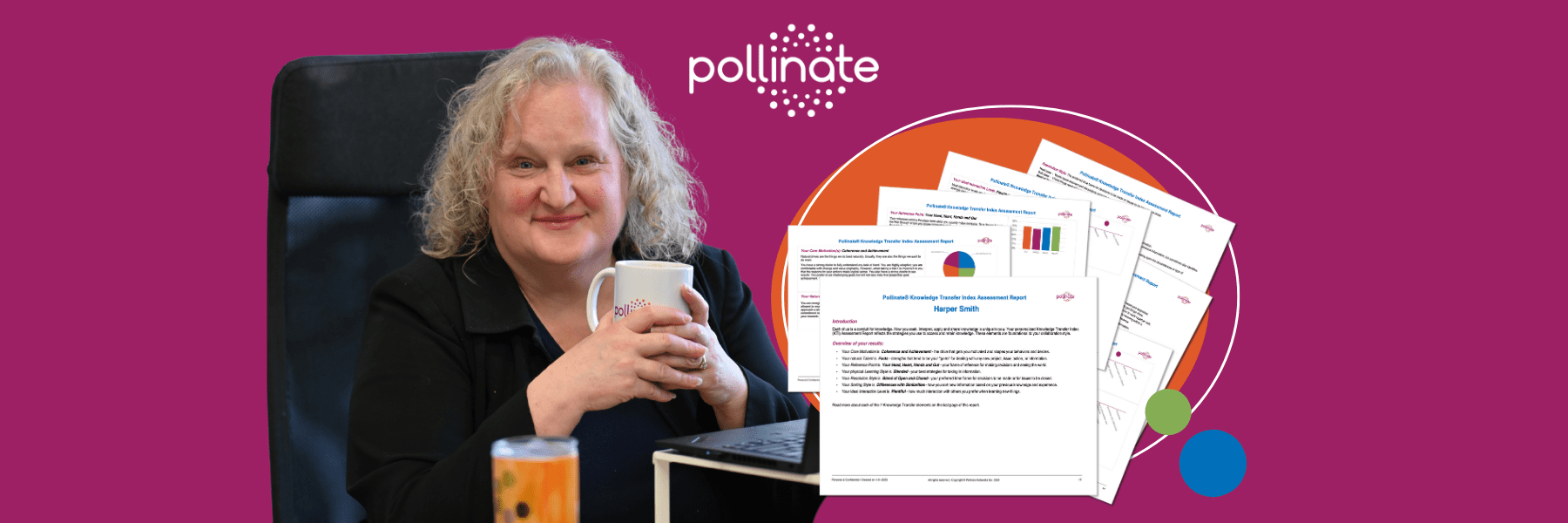
If you’re supporting mentorships or networked learning these days, there are two things that will keep you on track more than anything else.
Ask yourself the following:
- Is there a clear purpose for the program?
- Has the program been customized for your context?
It might seem obvious that a clear purpose is required for any kind of program, but we often encounter programs within organizations where the purpose is approximate. An example might be: “People are asking for it” or “the Board thought it would be a good idea” or “we know other organizations that are doing it”.
In all cases with mentoring programs, let’s face it, the main purpose is learning. And mentoring programs do much more. A good mentorship program builds networks, provides connection and social support, and helps people to learn “in context” so that they can best apply their learning to make it solid (more on that in a minute).

Having developed software for the last 15 years, we’ve learned to use the technique of writing statements around features that help codify:
- Who needs it?
- For what?
- When will we know value has been created?
If we think about a mentorship program that way, a program for women newer to the food industry could have a few different purposes. One might be:
- Who: Female identifying, newer to the industry, building a career in food
- What: Provides contacts, inspiration, information, and builds a supportive network
- When: There is an increased intent to stay, notable career progression
Another purpose and perspective could be:
- Who: Women who are taking on executive roles in food companies
- What: Provides an executive perspective from others who have been there
- When: Participants report increased efficacy/confidence
There certainly is the potential to have a broad purpose for a program – mentoring is often a vehicle for getting a range of needs met all at the same time. One of the largest and broadest programs we have (this month’s case study) is for a global organization that offers mentorship to enable people across the globe to work on their development goals, be they leadership related, to gain industry knowledge or to learn more about a function.

And this is where attuning a program to go with the context of the organization comes in. One of the most fun things about working at Pollinate, other than our amazing team, is to work on calibrating an algorithm to meet the client’s specific context. Some examples are:
- Ensuring the algorithm is calibrated so that competitors aren’t matched within an association program
- Creating an algorithm that recognizes seniority, and offers different time zone ranges for more senior participants
- Writing an algorithm that picks up on participant learning preferences, based on psychometric style
Ensuring that context is appreciated goes beyond the matching process and into the rest of the program as well. Mentoring program designers need to ask, given what’s been happening in the surrounding context, what education is needed? How often do people need check-ins? Do they need more help with goal setting?
Mentoring is knowledge transfer with social support. One of the reasons it works so well, and is distinct from executive coaching and traditional training is that the learning happens within a shared context of an industry or an organization.
At Pollinate we have many tools and methods for refining program purpose and ensuring that programs have a clear purpose and are calibrated to the context in a highly satisfying and effective way. Connect with us to find out how!

Christy Pettit is Chief Executive Officer and Co-Founder of Pollinate Networks Inc.
For 25 years, Christy has developed new approaches and best practices for agile, effective organizations worldwide. She is an expert on matching people and organizations for applications including knowledge transfer and mentorship programs, flexible virtual and hybrid teams, and productive organizational and business ecosystems and networks.



